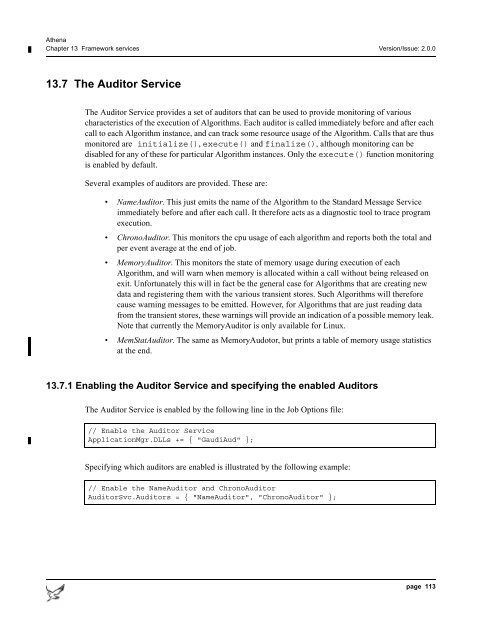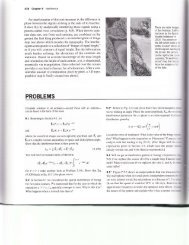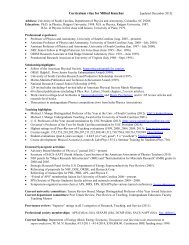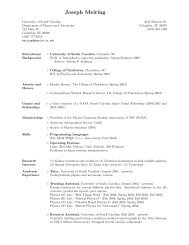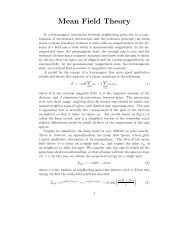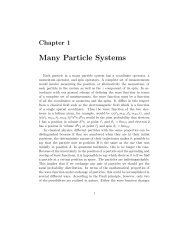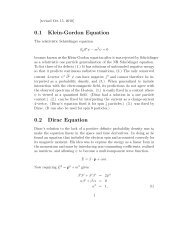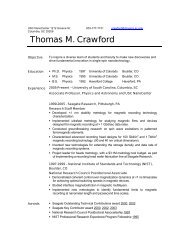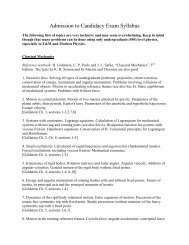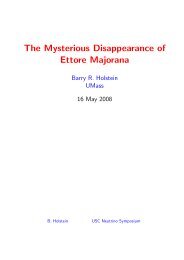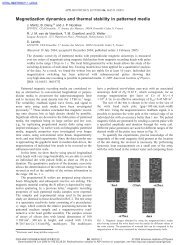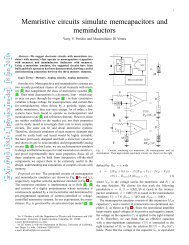Athena Developer Guide
Athena Developer Guide
Athena Developer Guide
Create successful ePaper yourself
Turn your PDF publications into a flip-book with our unique Google optimized e-Paper software.
<strong>Athena</strong><br />
Chapter 13 Framework services Version/Issue: 2.0.0<br />
13.7 The Auditor Service<br />
The Auditor Service provides a set of auditors that can be used to provide monitoring of various<br />
characteristics of the execution of Algorithms. Each auditor is called immediately before and after each<br />
call to each Algorithm instance, and can track some resource usage of the Algorithm. Calls that are thus<br />
monitored are initialize(), execute() and finalize(), although monitoring can be<br />
disabled for any of these for particular Algorithm instances. Only the execute() function monitoring<br />
is enabled by default.<br />
Several examples of auditors are provided. These are:<br />
• NameAuditor. This just emits the name of the Algorithm to the Standard Message Service<br />
immediately before and after each call. It therefore acts as a diagnostic tool to trace program<br />
execution.<br />
• ChronoAuditor. This monitors the cpu usage of each algorithm and reports both the total and<br />
per event average at the end of job.<br />
• MemoryAuditor. This monitors the state of memory usage during execution of each<br />
Algorithm, and will warn when memory is allocated within a call without being released on<br />
exit. Unfortunately this will in fact be the general case for Algorithms that are creating new<br />
data and registering them with the various transient stores. Such Algorithms will therefore<br />
cause warning messages to be emitted. However, for Algorithms that are just reading data<br />
from the transient stores, these warnings will provide an indication of a possible memory leak.<br />
Note that currently the MemoryAuditor is only available for Linux.<br />
• MemStatAuditor. The same as MemoryAudotor, but prints a table of memory usage statistics<br />
at the end.<br />
13.7.1 Enabling the Auditor Service and specifying the enabled Auditors<br />
The Auditor Service is enabled by the following line in the Job Options file:<br />
// Enable the Auditor Service<br />
ApplicationMgr.DLLs += { "GaudiAud" };<br />
Specifying which auditors are enabled is illustrated by the following example:<br />
// Enable the NameAuditor and ChronoAuditor<br />
AuditorSvc.Auditors = { "NameAuditor", "ChronoAuditor" };<br />
page 113


